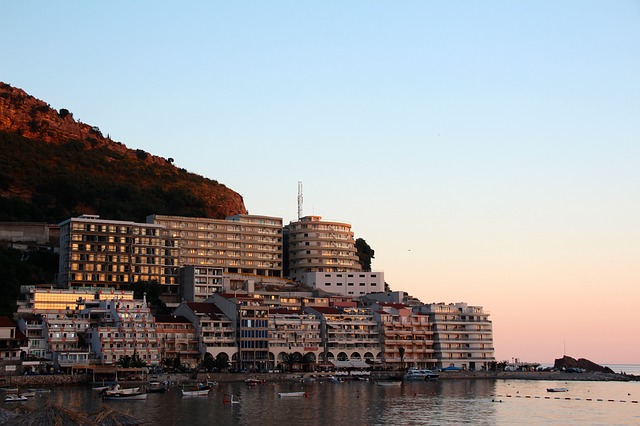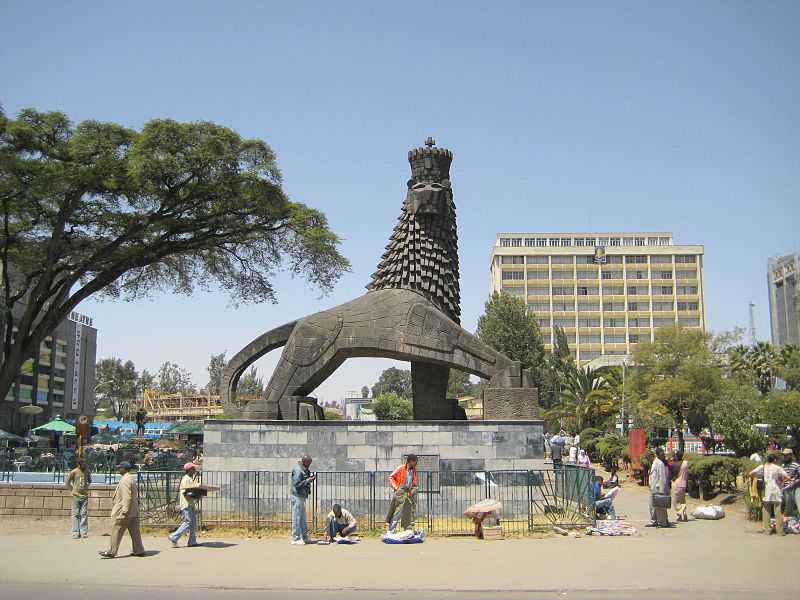In 2017, Africa continued to attract investments, both regional and global which have seen the continent move closer to economic freedom. However, the fluctuating tourism index, shifts in currency and political events presented rewards and risks to hotel markets across Africa.
West Africa in particular experienced positive changes as the world prices for oil started to recover. Meanwhile, some markets experienced downward trends such as East Africa which was affected by political instability. These reports are according to HTI, a consulting company in hospitality, real estate and leisure that is based in Africa. HTI compiled a report on top and bottom performers of 2017 in Africa from STR Global sources.
Growth in hotel occupancy rates was experienced mainly in 14 African cities led by Lagos and Accra. Ghana and Nigeria economies had increased business demand due to their gradually recovering economies. Other notable towns with increased occupancy rates were Namibia and South Africa’s Durban, Windhoek, and Pretoria.
Nairobi which suffered 11.1 percent decline led the lowest performers in occupancy rates. This was due to the increased supply of hotel accommodations and the violence experienced in the election polls held in 2017. Dar es Salaam followed closely with 9 percent drop owing to new direct flights to other destinations and the new policy limiting business travel to the city. Addis Ababa had 10 percent decline in occupancy rates due to political unrest while Gaborone had 7.1 percent decline due to economic problems resulting from mining.
Regarding average daily rates, Windhoek, Namibia and South Africa’s Pretoria, Umhlanga, Sandston and Cape Town were the best performers. Both Namibia and SA currencies were strengthened against the dollar with Windhoek (9.9% growth) and Cape Town (7.2% growth) among the top five.
Naira from Lagos was the most prominent loser with 19 percent depreciation against the dollar. Nairobi came in second with 8.4 percent depreciation against the dollar. Lusaka was the weakest performer with -6.2 percent while Accra reduced by 3.2 percent.
Prospects point to Addis Ababa which has the highest number of hotels under construction. Lagos and Nairobi remain high in the planned supply of hotels which has increased pressure on competitors. This has led to increase in standards and quality of hotelier services. Accra is also set to increase hotel supply with at least 900 rooms due to the expansion of the airport.




